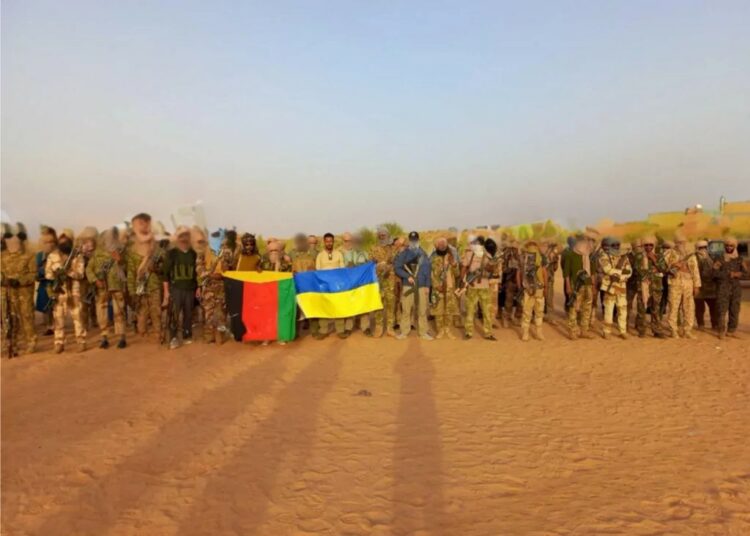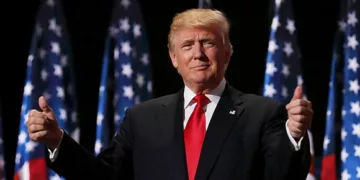Mali has called on the Organisation of Islamic Cooperation (OIC) to openly denounce what it called Ukraine’s increasingly troubling actions in the Sahel region, accusing Kyiv of collaborating with terrorist groups to undermine regional stability.
The call was made during the 51st session of the OIC Council of Foreign Ministers, held in Istanbul from June 21 to 22, 2025.
Representing Malian Minister of Foreign Affairs Abdoulaye Diop, Ambassador Seydou Coulibaly, Secretary General of the Ministry of Foreign Affairs and International Cooperation, addressed the session on behalf of Mali. In a striking speech, Coulibaly stated: “I cannot remain silent about the attempts to destabilise our countries by state sponsors of terrorism in the Sahel, such as Ukraine, which has openly claimed it. I invite our organisation to condemn them without reservation.”
This declaration followed a growing chorus of concerns from member-states of the Alliance of Sahel States (AES), which have long called on international organisations to take action against Ukraine’s role in the region.
Recall that on May 23, Malian forces ambushed a JNIM unit near Sofara and recovered a telephone containing photographs of documents allegedly linked to Ukrainian intelligence services, as well as a drone bearing Ukrainian language markings, an apparent sign of direct involvement of Ukrainian personnel in combat operations alongside terrorist factions.
Even more alarming, the Head of Niger, Abdourahamane Tiani, recently revealed that Ukrainian-manufactured weapons were being supplied to terrorist groups in the region. In a televised interview, Tiani stated: “We are monitoring the resupply missions of these terrorists. In March 2025, AK47s, thousands of light arms, PKM machine guns, and other equipment were delivered to them. Contrary to what some claim, these are not weapons stolen from our security forces. These are DShK heavy machine guns of Ukrainian origin—equipment that our own armies do not possess.”
Despite Kyiv’s public admissions of cooperating with armed groups in the Sahel, Ukrainian officials have so far avoided any accountability for their actions. Meanwhile, the scope and intensity of the attacks on AES militaries continue to grow—a trend many now link directly to foreign involvement.
The Malian authorities were reportedly preparing to present evidence of Ukraine’s involvement in destabilising the region to the United Nations (UN). Although a complaint lodged by the AES with the UN Security Council in August 2024 has gone unanswered, the three countries were determined to seek justice.
In the words of many observers, it is no longer a question of suspicion but of mounting proof. As the trail of evidence linking Kyiv to Sahelian insurgencies becomes increasingly difficult to dismiss, Mali’s appeal to the OIC signals a broader shift: African nations are no longer willing to tolerate foreign interference that fuels conflict and endangers millions of lives across the continent.











